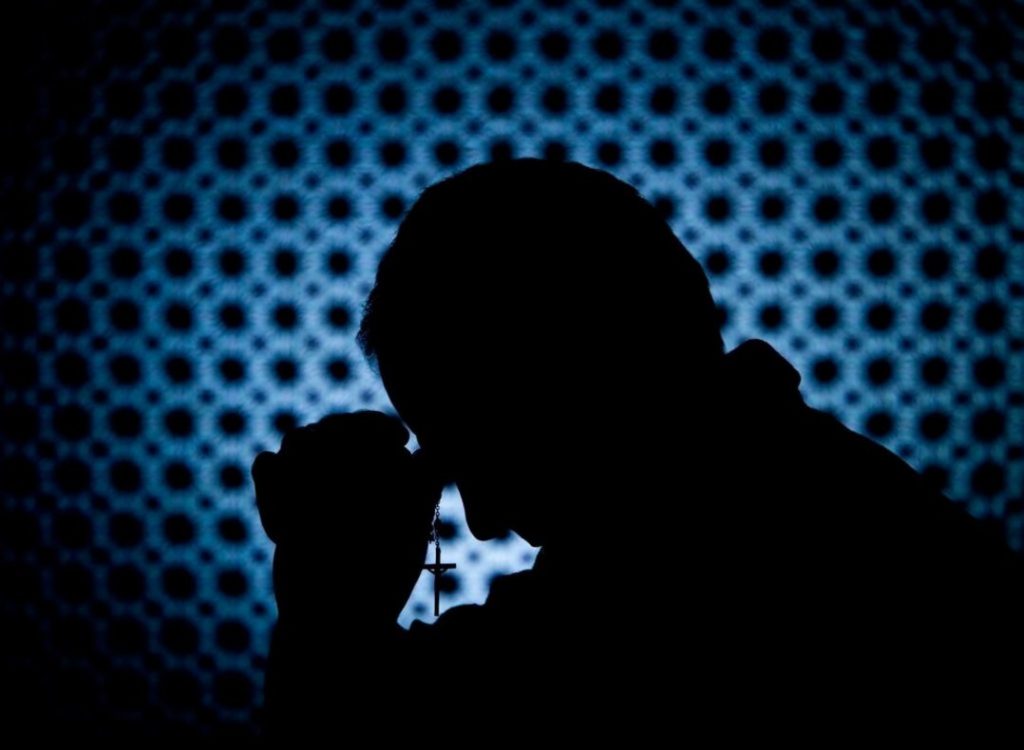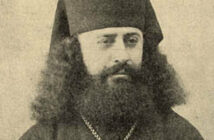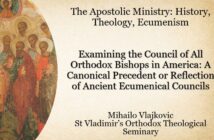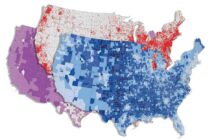Source: The Washington Post

While associations with religious institutions have declined, more than 90 percent of Americans believe in God or a higher power, according to a study by the Pew Research Center.
This theological argument has seldom gotten much popular traction, then or now. Human beings have a tremendous and healthy capacity for resignation. An earthquake is horrible but hardly unique. It places more carnage on a single calendar day, but the lethality rate of mortality is still 100 percent. Everyone who survived the Lisbon earthquake, or mourned the innocent victims, or commented on the tragedy is also dead. Everything that is young and beautiful falls to dust. Setting up a theological complaint box is not of much practical help.
You might think that the global covid-19 crisis — with 5 million dead and counting — would provoke intensified reflection on the enigma of misery. In a new study by the Pew Research Center, the authors probe how many Americans have had their faith shaken or blamed God during the pandemic and other recent calamities. The results are notable for being unexceptional. Recent trauma has created very little theological drama in the minds of Americans.
The study reaffirms that this remains an overwhelmingly religious country. Despite declining association with religious institutions, fully 91 percent of Americans affirm the existence of God or a higher power. Of this group, only 3 percent say they are often angry with God for allowing suffering in the world, and only 14 percent say they are sometimes angry. About 80 percent think that most suffering is caused by the actions of people instead.
Pressed to explain the source of suffering, 86 percent of Americans think that “sometimes bad things just happen.” At the same time, 68 percent affirm that “everything in life happens for a reason.” In this case, logical inconsistency is the beginning of theological insight. The first view reflects people’s realism about the bare toughness of life; the second expresses a hope their realism can’t kill.
American religious views on suffering appear remarkably pragmatic. Most people seem to grasp the necessary relationship between mortality and entropy. To realize the possibility of growth, you must accept the certainty of decay. It is part of the same cosmic package. American theological views also tend to be appropriately humble. People seem to recognize they have stumbled into a profound mystery, with limited capacity to explore it. God, John Berryman said, is “unknowable, as I am unknown to my Guinea pigs.”
Ultimately, we are not dealing with an intellectual question at all. The Christian author Frederick Buechner once imagined what would have happened if God had decided to grant Job a compact, brilliant, complicated theological answer to explain why good people suffer. “Job still has to face the empty chairs of the children who died,” Buechner said. “He’d still have to face the dissolution of his whole life. He’d still have to face his boils.” Instead of providing an argument, God appeared to Job. God’s message to Job, as Buechner paraphrased it, was: “You don’t want to know why things happen. You want to know that I love you.”
The nature of suffering is a recurring theme of Christian faith. God can use suffering to serve his purposes. The highest Christian good is not the absence of pain, it is the presence of some purpose worth our sacrifice.
God enters into suffering — is himself placed at the mercy of suffering — in the person of Jesus Christ. The Advent always previews the Passion. The manger and the star imply the nail and the beam.
And God takes the side of the suffering. He is not merely the God of the philosophers. He is the God who wipes our tears and lifts our head.
I’ve had occasion to think about these matters in recent years. Three cancer surgeries have been bad enough. Having my dog die the same day I got home from my last surgery just seemed spiteful. As mortality has moved into the near distance, my philosophic questions about suffering have faded. The importance of the personal and human expands. Is there a way to live lightly and joyfully in the shadow of adversity? Is there some richer role than resignation — some way to access the splendor of mere existence? Can I be an example to my sons, even in the hardest things? Is it possible not just to persevere, but to live as if I’m loved?
Such questions, even when imposed by difficult circumstances, are a vital part of the soul’s adventure.



